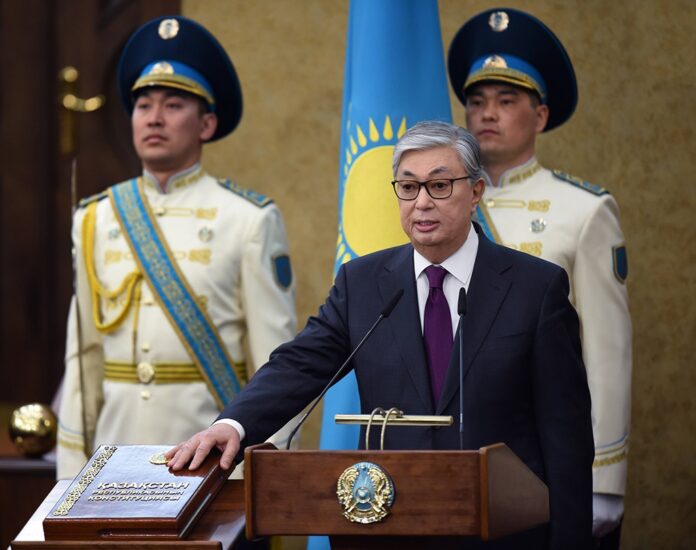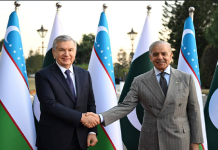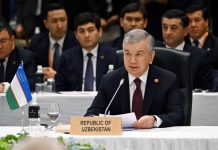Middle powers, often referred to as “swing states,” may not wield the same level of influence as superpowers and great powers, but their strategic importance in world affairs is undeniable. These countries, leveraging their geo strategic locations, natural resource wealth, diplomatic and economic strengths, and military capabilities, often remain neutral in major conflicts and play crucial roles in maintaining global stability. They are key to overcoming the fragmentation of the world economy and securing supply chains through critical transit routes like the Middle Corridor. Unlike greater powers, middle powers possess the agility to navigate complex political situations and the trust of the parties involved in certain conflicts and issues.
In the context of the green transition, middle powers are essential in securing supplies of critical minerals and other key materials. Their propensity for multilateral solutions makes them pivotal in addressing international problems.
Kazakhstan stands out as an influential middle power today. President Kassym-Jomart Tokayev, in a Euronews opinion piece, highlighted his country’s potential to play a positive role on the global stage. He stated, “Nations like ours possess the economic strength, military capabilities, and, perhaps more importantly, political will and diplomatic acumen necessary to exert significant sway in the global arena on issues ranging from food and energy security, green transition, and IT to the sustainability of supply chains.” These strengths are especially relevant amidst global discord, where, as Tokayev pointed out, “the traditional powerhouses – the world’s economic and political behemoths – are increasingly unable to work together.” In contrast, countries like Kazakhstan “can ensure stability, peace, and development in their immediate regions and beyond” and “carve paths toward compromise and reconciliation.”
Kazakhstan has intensified its cooperation with other middle powers in Central Asia and the Caucasus to tackle cross-border challenges such as water security, terrorism, and narco trafficking. Its partnerships with Azerbaijan and Turkey have been vital in realizing the Middle Corridor project, which opens Central Asia to Western markets. Kazakhstan is also working closely with European states to secure their energy needs and has become an attractive investment destination for Asian countries. These middle power collaborations have been solidified through high-level bilateral meetings, with Tokayev conducting dozens of such meetings in 2024 alone.
Given President Tokayev’s extensive diplomatic background, his support for multilateralism and international cooperation is encouraging. Kazakhstan will co-chair the inaugural One Water Summit with France later this year to address the global water crisis, including the impacts of climate change, biodiversity loss, and pollution. This event aims to unite affected countries and communities worldwide. Additionally, Kazakhstan has proposed hosting a UN Regional Centre for Sustainable Development Goals focused on Central Asia and Afghanistan and is actively involved in facilitating peace talks between Armenia and Azerbaijan.
“With major powers increasingly unwilling to trust the multilateral process and smaller countries lacking the necessary influence, it is the duty of middle powers to lead the charge,” Tokayev argues. With its unique strengths and a seasoned diplomat as its leader, Kazakhstan is poised to lead the way towards a new era of strengthened multilateralism, more secure supply chains, and greater peace and stability.






